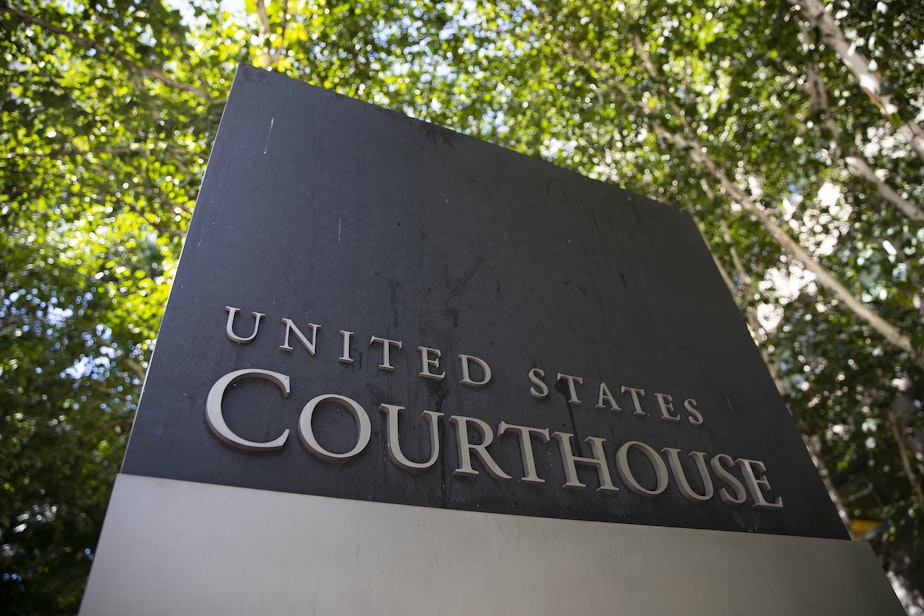What former Binance CEO's money laundering conviction could mean for crypto crime

Last week, a Seattle federal court sentenced Changpeng Zhao, founder and former CEO of the world's largest cryptocurrency exchange, Binance, to four months in prison.
In contrast to the high-profile case of FTX CEO Sam Bankman-Fried, who used his crypto exchange to defraud billions of dollars from its users, Zhao pleaded guilty to not doing more to prevent money laundering on his exchange.
The case against Zhao, who also goes by the shorthand nickname "CZ," was likely heavily negotiated over a long period of time said Brady Dale, crypto reporter for Axios.
"[CZ] just wanted to have the biggest exchange in the world, which that meant he needed the most liquidity possible, which that meant he needed the most customers possible. And the best way to have the most customers just to let everybody in."
Since it began in 2017, Binance has rocketed to the top of the crypto world. It remains the largest exchange on the market, where users can trade cryptocurrency for other assets, such as traditional fiat currency.
But exchanges have also developed a reputation as an unchecked avenue for money laundering.
"If you stay on the Bitcoin Blockchain, it's pretty hard to hide your tracks — every move that you make is viewable," Dale said. "But if you dumped them into an exchange for a little while, and then take them back out — maybe in another account, do some trading or whatever — that is much harder to follow. That's kind of like going into a black box."
Sponsored
Today, exchanges implement a number of anti-money laundering customer rules, including what Dale called "checks at the door" to verify identities, and more rigorous tracking to determine shady transactions. But in the early days of Binance, those kinds of checks were "laughable," prioritizing growth over security.
Zhao pleaded guilty to a single count of money laundering after being charged in November, during which time he also stepped down as CEO of the company. He admitted he made mistakes, and U.S. District Judge Richard Jones said he was impressed with Zhao's character.
Prosecutors were originally seeking a three-year sentence for Zhao, who will likely end up serving four months in a SeaTac Federal Detention Center. Dale said that discrepancy likely means there were longstanding negotiations going on in the background, even as Zhao openly downplayed and flaunted potential legal woes.
Binance has implemented more stringent anti-money laundering practices since the net began closing in on Zhao.
"I think this is a key moment," Dale said. "Crime has just gotten a lot harder with this asset class, because the biggest place to trade it in the world has finally tightened the ship up."
Sponsored
Zhao is still a major stakeholder in Binance and is forbidden from being CEO for three years.
Listen to the full Soundside interview with Brady Dale by clicking the "play" icon at the top of this story.
You can read the Axios Crypto newsletter here.





